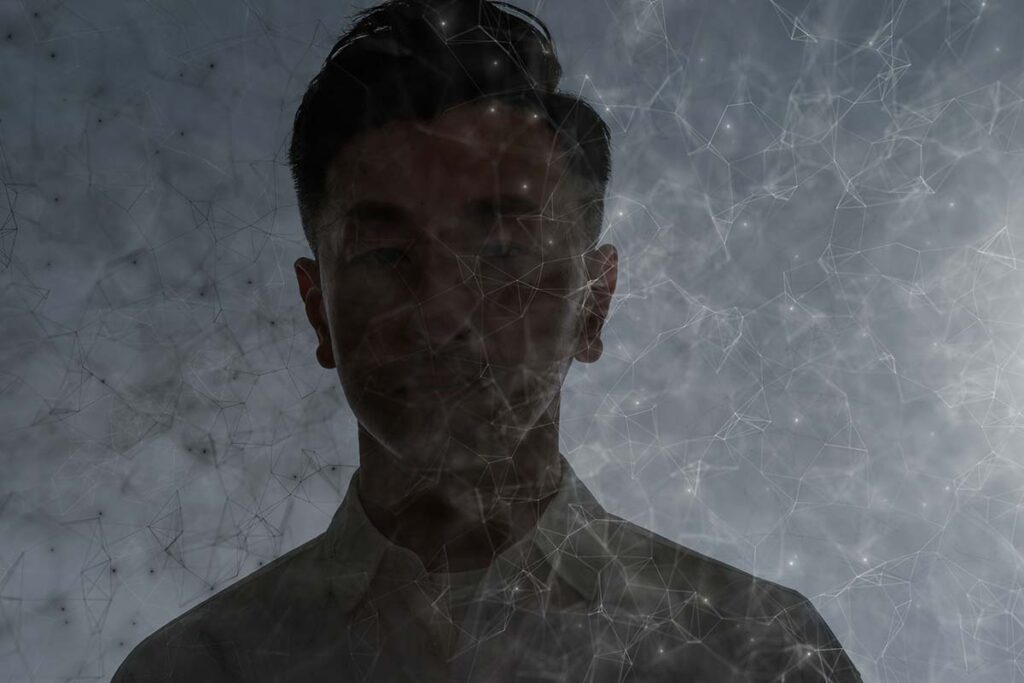Many people don’t understand addiction. They think it’s a choice or a weakness when it’s a disease. And like any disease, it has symptoms and underlying causes. This post will explore the brain chemistry of addiction: how it starts, progresses, and can be treated with addiction therapy programs.
Addiction and the Brain
Addiction is a brain disease. It’s characterized by compulsive drug-seeking behaviors, despite negative consequences. Drug addiction isn’t just about getting high; it’s about the changes in the brain when someone is using drugs or alcohol.
When you use drugs, your brain releases a chemical called dopamine. This chemical makes your body and mind feel good, reinforcing the behavior by making you want to keep using drugs. Over time, the brain adapts to the increased dopamine levels by producing less dopamine or by reducing the number of dopamine receptors. This is why people addicted to drugs need to use more and more of the drug to get the same effect.
The changes that happen in the brain during addiction can be long-lasting. That’s why quitting is so hard. Even after someone has been clean for years, they’re still at risk for relapse.
How Does Addiction Start?
Most people who become addicted to drugs start out using them recreationally. They might try a drug at a party or to fit in with a certain group of friends. For some people, this leads to occasional use that doesn’t become an addiction. But for others, recreational drug use can quickly turn into something more serious.
Several risk factors can make someone more likely to become addicted to drugs. These include things like:
- Having a mental health disorder
- Coming from a family with a history of addiction
- Having friends or family members who use drugs
- Exposure to trauma or stress
- Easy access to drugs
Not everyone who uses drugs will become addicted, but it’s essential to be aware of the risks. If you or someone you know is struggling with addiction, help is available.
The Science Behind Addiction Progression
After someone begins abusing drugs or alcohol, they may become addicted. When the brain and body adapt to a substance, certain changes occur, including:
- Tolerance – The need to use more of the substance to get the same effect
- Withdrawal – Unpleasant symptoms that occur when the person stops using the substance
- Cravings – A strong desire to use the substance
Addiction is a progressive disease, which means it gets worse over time. As someone continues to abuse drugs or alcohol, they will experience more and more negative consequences. These can include things like:
- Relationship problems
- Job loss
- Financial difficulties
- Health problems
- Legal trouble
Treating Addiction with Science
Fortunately, addiction is a treatable disease. There are a number of effective treatment options available, including:
- Medications – Many medications can be used to help people addicted to drugs or alcohol. These can help reduce cravings, manage withdrawal symptoms, and improve the chances of long-term recovery.
- Therapy – Therapy can be an important part of addiction treatment. It can help people identify the underlying causes of their addiction and develop healthy coping skills.
- Self-help groups – Self-help groups like Alcoholics Anonymous or Narcotics Anonymous can be a valuable resource for people in recovery. These groups provide support and accountability, which can help people stay on track with their sobriety.
If you or someone you know is struggling with addiction, there is help available. There are several treatment options that can be effective in helping people recover from this disease.
Addiction Treatment at Recovery Ranch Tennessee
Recovery Ranch Tennessee is a residential treatment facility that offers a variety of programs for people struggling with addiction. We offer comprehensive care, including individual therapy, group therapy, and dual diagnosis treatment. Our goal is to help people build a foundation for long-term sobriety.
If you or someone you know is struggling with addiction, we can help. Contact us today by calling 1.844.876.7680 to learn more about our treatment programs.

